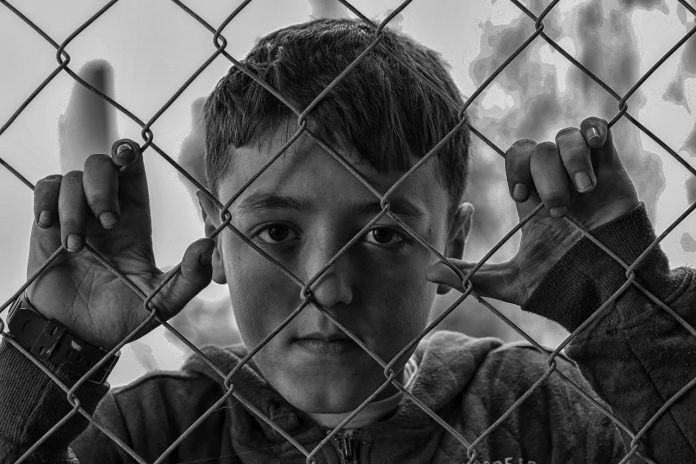
By Derrick Jean-Baptiste
Over the course of the last fifty-two years The United States of America has been embroiled in its longest lasting war. This war has been swept to the side and extensively ignored through great lengths by many individuals throughout the populace. This war’s enemy is so powerful it’s in fact intangible. You can’t drop a bomb on this enemy you can’t just send an endless horde of soldiers at this enemy. Over the last fifty-two years this silent, unbeatable enemy, is: Poverty.
The War on Poverty is the unauthenticated name for the legislation first introduced by President Lyndon B. Johnson during his State of the Union address. Johnson proposed this legislation in 1964 in response to a growing national poverty rate of near 20%. A poverty rate that has fallen 4% in the last fifty-three years. We did it guys, we finally killed the enemy known as Poverty! Yet not quite.
While a drop of 4% sounds well and good, the War on Poverty has cost the United States government $22 trillion, three times more than what the government has spent on all wars in American history. While this war has caused the poverty rate to fall as of the 2014 census 46.7 percent, millions of Americans still struggle every day in the troughs of poverty.
How can we possibly fix this? Well, in order to understand how to create a solution, whether it’s long term or short, to fight poverty we must first take a step back and examine the situation as a whole before deconstructing it and finding an optimal panacea for this sickness.
Our first item on the deconstruction list is addressing why this entire “War” is a war in the first place. While researching online, I could never actually find a reason as to why the United States loves starting wars with inanimate ideas. For example “The War on Terror,” “The War on Drugs,” and finally “The War on Reading.” That’s right folks, we’re going to kill those books dead! While the previous sentence is a bit of an exaggeration, all one would have to do is look around to see our country’s obsession with war. Just take a look and see that a lot of American policies are framed as wars. This seems to come down to a matter of politics.
Politicians like wars because it sounds like they’re fighting for a noble cause. They can get different reactions from the populace when you speak about a problem as a war that needs to be fought than say, a cancer that needs to be treated or a bridge that needs to be built.
Metaphor is powerful juju in marketing. It seems like in America a “War” metaphor lets you spend the most money and exercise the least transparency. It also brands those who don’t support that cause as “weak” or “soft.”
All and all, The War on Poverty is a figurehead term, like the War on Drugs, that doesn’t point to any one piece of legislation or program. It’s a collection of programs each with varying success or failure that are influenced, helped, or hurt by competing legislation and programs or by political will of what party happens to be influential at any given time.
To a degree, it worked surprisingly well when it was allowed to.
But unfortunately, politics and special interests have wormed their way into the works, and programs have been cut or funds diverted to where they don’t do any good. Just looking at the last few years, politicians (especially Republicans) have pushed to cut access to clinics (especially women’s clinics), food stamps, welfare, Head Start, PBS, and countless other programs that the poor depend on.







